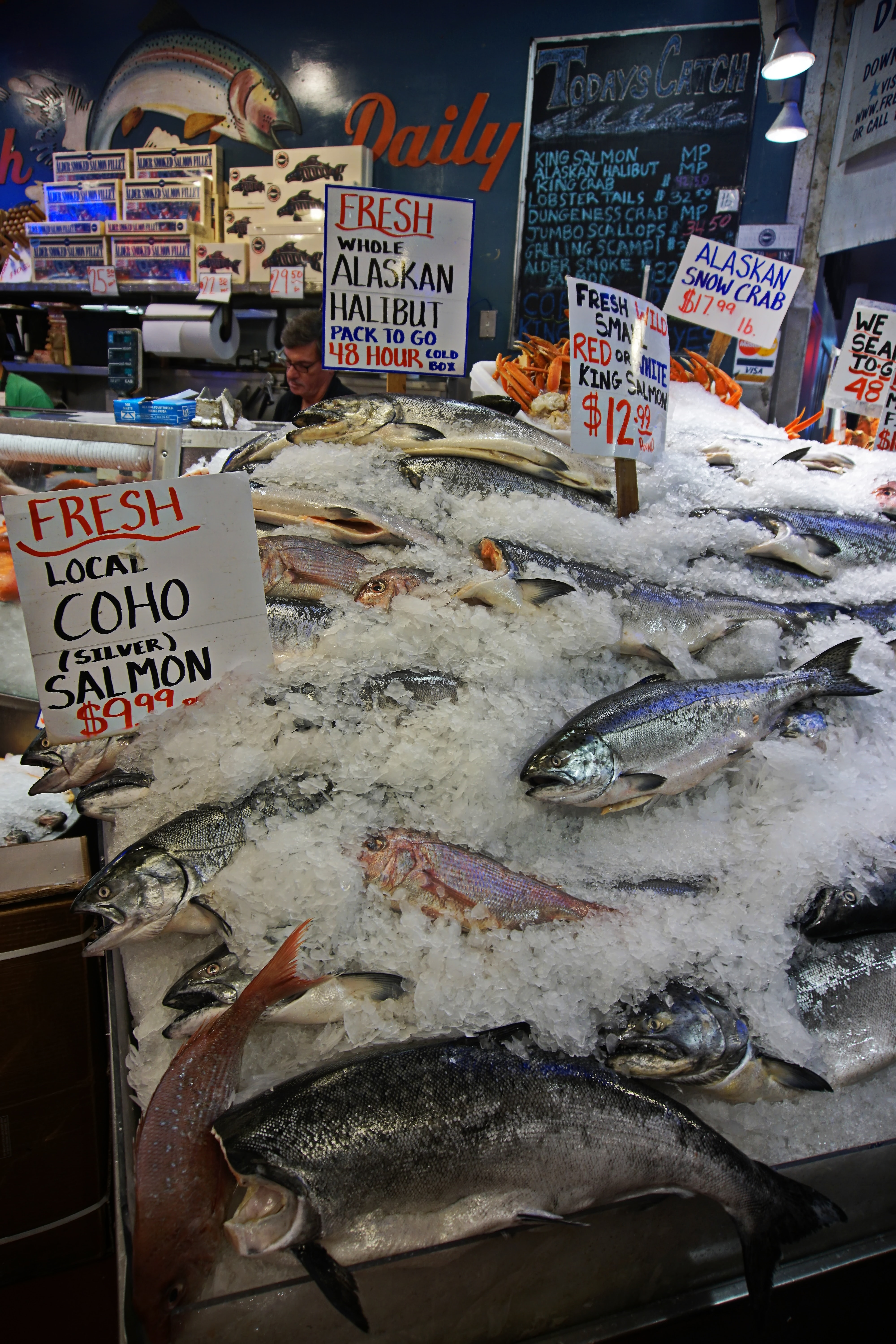Bumble Bee Tuna Fails Forced Labor Test
Greenpeace East Asia has asked the U.S. Customs and Border Protection agency to ban imports of fish supplied by the parent company of Bumble Bee Tuna after uncovering suspected illegal fishing and human rights abuses in the supply chain.
Greenpeace East Asia has asked the U.S. Customs and Border Protection agency to ban imports of fish supplied by the parent company of Bumble Bee Tuna after uncovering suspected illegal fishing and human rights abuses in the supply chain.
The following article was published in the November-December 2022 issue of NewsNotes.
There is a chance the tuna sold by Bumble Bee Tuna in your grocery store was caught by forced labor, says Greenpeace East Asia and Greenpeace U.S. in a report released in September. The International Labor Organization blames lack of training, inadequate language skills, and lack of enforcement of safety and labor standards for making fishers on vessels far out at sea particularly vulnerable to forced labor.
The U.S. seafood brand Bumble Bee Tuna created its “Trace My Catch” (TMC) system in 2015 to enable consumers to enter can codes into an online system to track the source of its tuna products. But when Greenpeace East Asia and Greenpeace U.S. entered codes from 73 cans collected from U.S. supermarkets, they found the system often provided information that was incomplete and inaccurate, raising suspicion that the company allows for illegal fishing and human rights abuses in its supply chain.
Among Greenpeace East Asia’s findings:
- Over 10 percent (13) of the 119 Taiwanese-flagged/owned vessels identified in the sampling that supplied Bumble Bee had violated Taiwanese fishery regulations, and were on the Taiwan Fisheries Agency’s illegal, unreported, and unregulated (IUU) list.
- Indicators of forced labor were identified in the reports of fishers that worked aboard six of the vessels that supplied Bumble Bee and its Taiwanese parent company FCF.
- Catch from Taiwanese-owned vessel Da Wang, whose crew were indicted on charges related to forced labor and human trafficking, has been used to supply Bumble Bee, raising concerns that seafood tainted with forced labor has already been sold in the U.S. market. In addition, one migrant fisher died while working on Da Wang after an accident occurred, reportedly causing the other workers to quit due to the excessive physical abuse they endured.
“We are not surprised at the high level of disparity between what Bumble Bee tells U.S. consumers and what was uncovered in this investigation,” said Mallika Talwar, Senior Oceans Campaigner at Greenpeace U.S. “Bumble Bee claims to be for people and the planet, but what we see in this report is a company skirting its responsibilities in order to make profit.”
As one of the world’s largest seafood importers, the United States can wield significant influence in bringing forced labor at sea to an end, Talwar said. “Knowing that there is a high chance of seafood tainted with such abuse entering the U.S. market, we call on the U.S. Customs and Border Protection to block the importation of [Bumble Bee Tuna’s parent company] FCF’s tainted products.”§
Faith in Action: Tell Bumble Bee Tuna to protect workers in its supply chain. https://bit.ly/BumbleBeeTuna
Photo by Robert Linder publicly licensed by Unsplash

